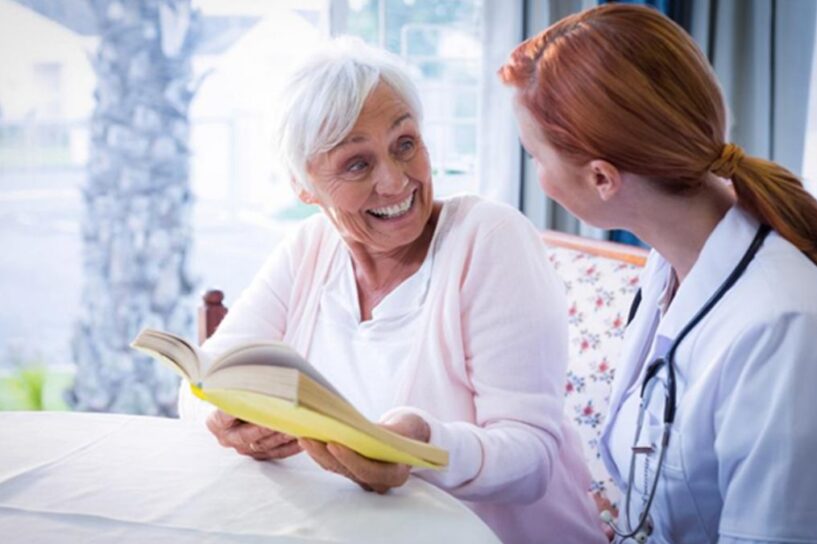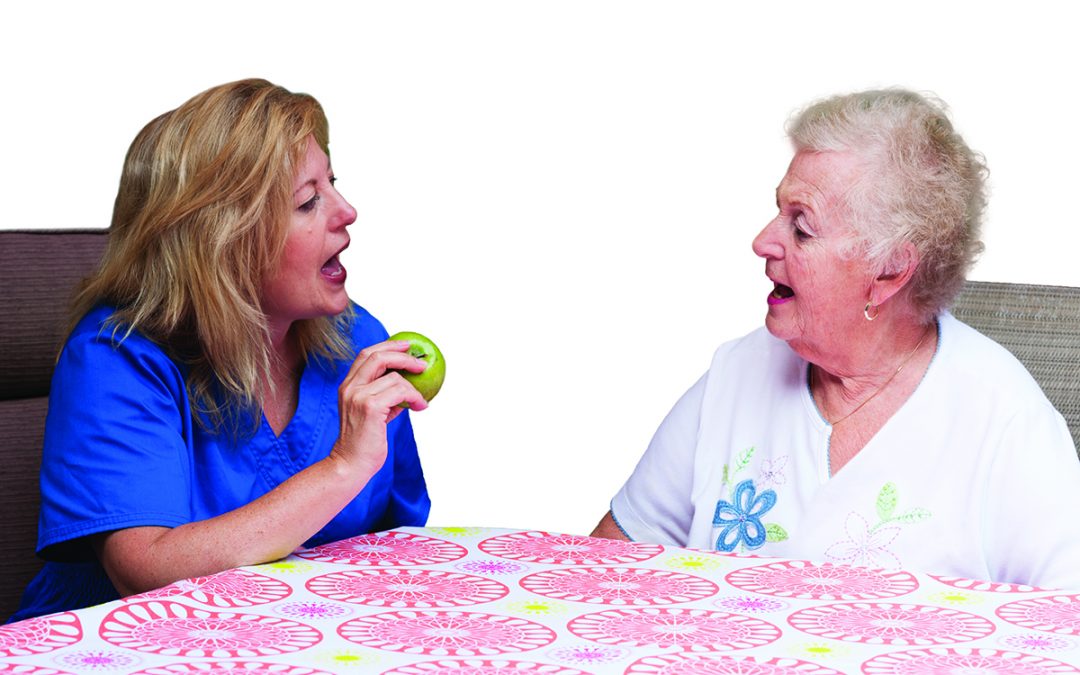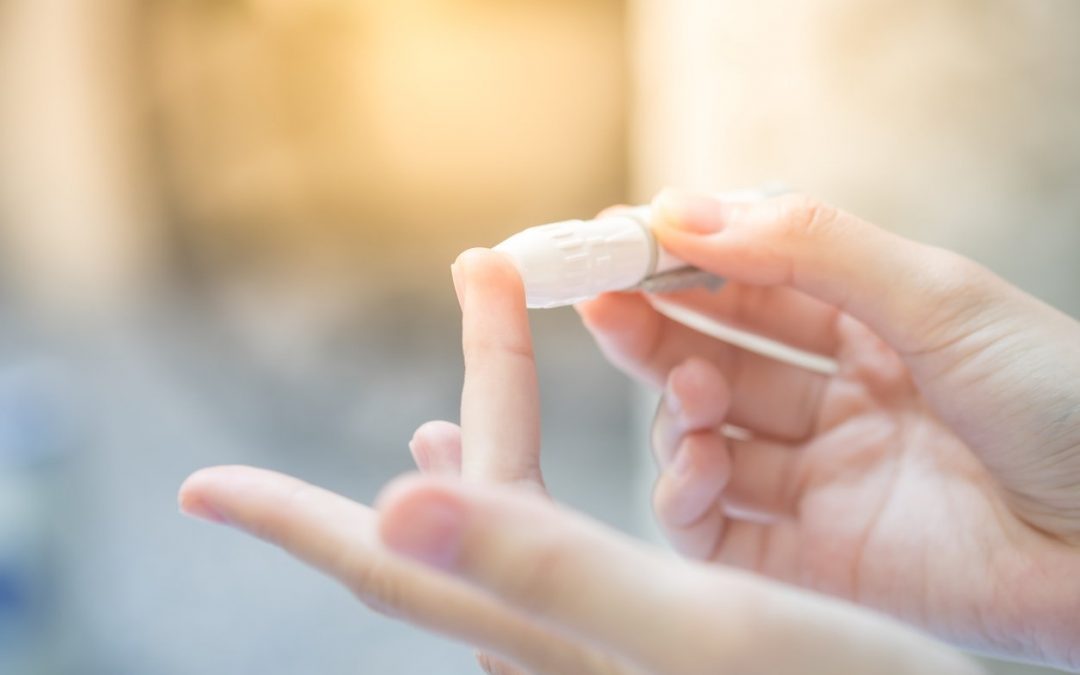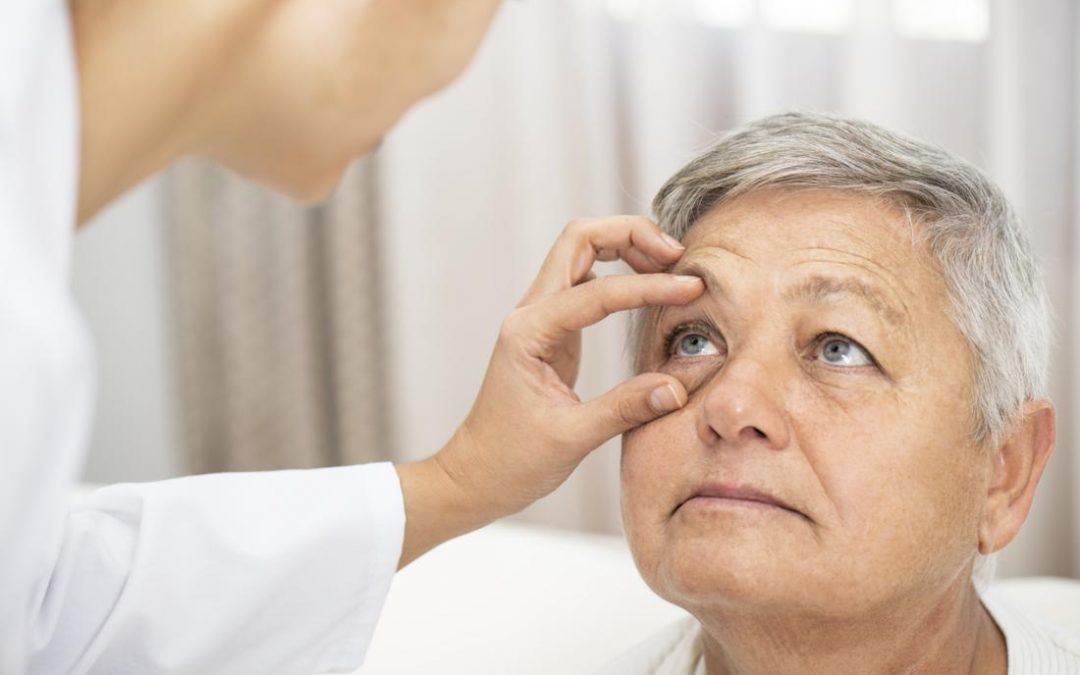
5 Waysof Keeping a Patient’s Mind Active
There’s a lot of research on keeping our bodies active, eating healthy, and paying attention to our physical health. And we agree that it deserves all the attention in the world. However, there’s another part of our body that is worthy of attention, and that is our mind.
This is also true for the patients who spend most of their time indoors. We take care of their physical health by giving them medicines on time and hiring therapists to ensure regular physical movements. The question is what are we doing to make sure that they are mentally active as well?
Professional and reputable healthcare home aides are aware of how critical mental health is. These are some of the ways they keep their patients’ mind active:
1. Puzzles
Word search and crossword puzzles are some of the best activities to keep the patients’ mind working sharply. It helps improve their vocabulary and their creative thinking skills. It also allows them to spend some quality time with other people.
2. Keeping a Journal
Encouraging the sick and old to keep a daily journal is another way to help them exercise their brain. Writing is an excellent therapy as well and helps the patients express their emotions in a healthy manner.
3. Knitting
Sometimes, all you need to keep your mind sharp is to keep it busy. Activities such as knitting, crocheting and cross stitch sewing require artistic skills. It helps them keep their mind working and gives them a reason to rejoice at their finished product.
4. Reading
Patients who are bedbound often fall into depression for lack of appeal in their life. This is where books come in. Patients can read the books themselves, listen to an audiobook, or even get someone to read it to them.
5. Golf
Golf is an excellent activity for the sick and seniors who no longer have work to keep them busy. Golf is a “low-impact” sport that allows them to engage in physical activity, socialize, and use their brain power to plan their stroke strategies. Making decisions encourages mental stimulation.
Additionally, the mind and body coordination in this game instill discipline.
These and many more activities help the patients find meaning in their life and keep their minds sharp and active. If nothing else, then even engaging them in a healthy and lively debate will keep them witty and quick.










